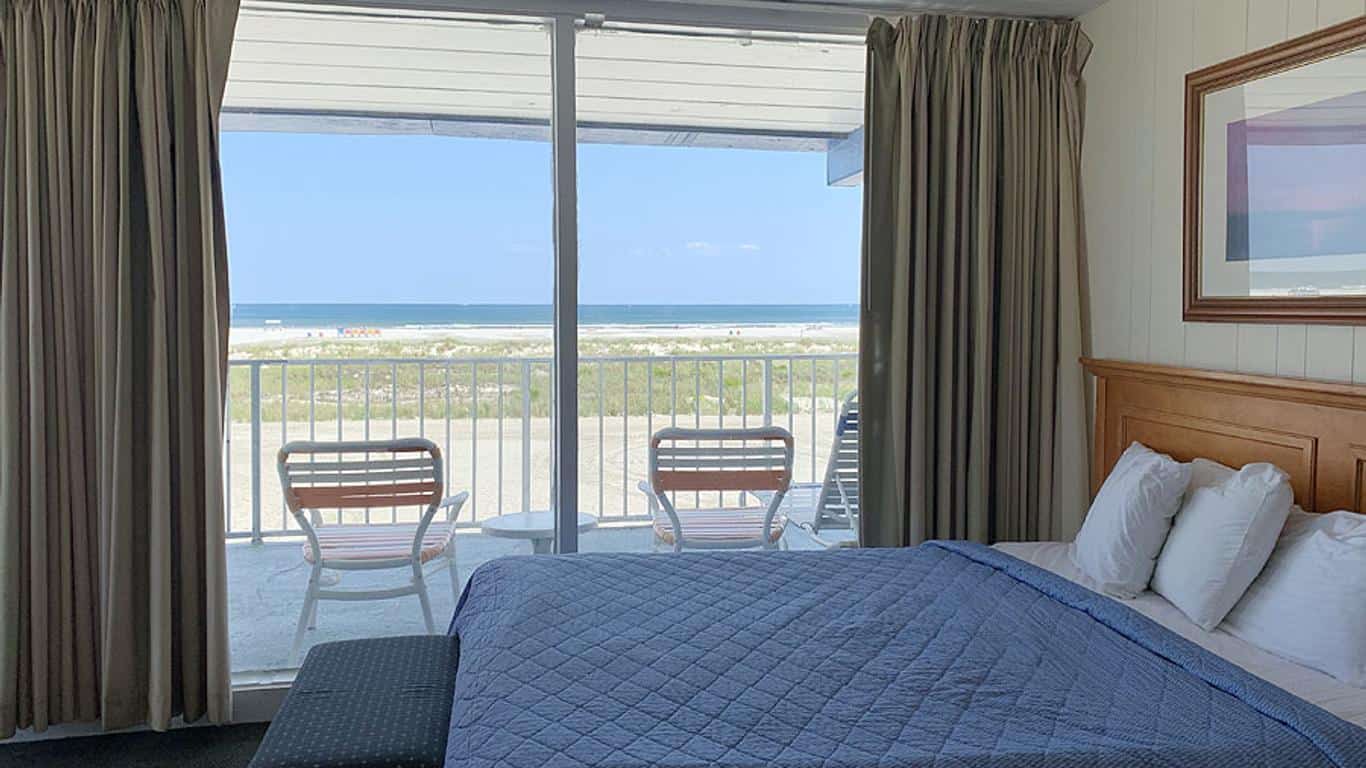Hotel

It is the act of developing a hotel concept into a physical and mortar site that includes all of the related services, such as hotel rooms, conference space, ballrooms, bars & restaurants and pools & fitness centres. Parking facilities are also included in the hotel development process. It’s a fairly complicated procedure that requires a wide range of experts working together to ensure the hotel’s long-term success.
If you’re looking for a hotel for a particular purpose, such as a family vacation or a business trip, the procedure may differ significantly based on your personal circumstances and the kind of hotel you’re looking for.
The hotel property developer is the driving force behind the whole hotel building process. Project initiator: The hotel property developer is the mediator between the property, project service providers, and party that will operate the hotel during its life cycle.
Hotels may be a great source of revenue and long-term wealth creation if they are run well. Hotels have the unique flexibility to tailor pricing to demand since they may change their room rates on a regular basis. Hotel construction may be particularly risky, however, because to the high upfront expenditures and ongoing operational expenses, as well as the short-term nature of most hotel leases.
The Methods Employed in the Construction of a Hotel
There are a variety of ways and opinions when it comes to developing a hotel. The following are some of the most important stages in the hotel development process:
- Conceptual/Planning
- Feasibility
- Procurement
- Construction
- Operational/Asset Management For a long period of time
Each hotel development project will have a different set of activities that go into each phase. It’s important to know what’s happening in each step of the hotel building process so that you can plan accordingly.
Conceptualization / Forethought
What we are, where we are, where we want to be, how we get there, and how the “hotel” possibility fits into our overall strategy are some of the questions we will be addressing in our internal developer organisational study.
Initial macro-environment audits, hotel market study, competition, internal developer expertise audits discover gaps and eventually form a team of experts.
- The market is always being monitored.
- Defining the Project’s Goals
- Developmental and operational in nature
- Strategy and criteria may include location, market segments to target, building ownership structure, hotel management/operator brands, and building owner/equity structures to be considered.
- Assembly of development team
- Collecting data to see whether the project is viable
Feasibility
- Macro-environmental feasibilityphysical feasibility, market feasibility, and financial feasibility (including possible sources of funding) are all examined in great depth at this stage.
- Audit of the operator, which entails looking at past performance, competitive advantages, pluses and minuses of each, and development needs, among other things.
- Estimates, budgets, expenses, and cash flow pro formas, among other things.
- Procurement
- Which brand makes the most sense in terms of selection and negotiation with the Brand operator?
- Final contract talks with stakeholders
- Final design and documentation includes furniture and fixtures and equipment
- Final budgets / commitment points
- Gain ownership of the site, selection of the architect, design and construction contractor; owner’s representative; construction team.
Begin the pre-construction phase of your project
- Preparation of the site for construction
- Ongoing quality check
- Completing contracts with vendors / documents
- Completing contracts with suppliers
- Obtaining licences for habitation
- Development and launch of operations / team / workforce
- First and continuous sales and marketing initiatives
It’s important to keep an eye on the hotel’s current operating status as well as the potential for future rebranding or operational adjustments as market circumstances change.
Identifying the Keys to Success
Clear criteria and goals must be developed in order for the hotel development project to remain on-track. The success of a project depends on the alignment of the site location, target audience, brand operator, and development team. If the financial considerations, macro-environment and physical environment and market environment are not properly linked during the feasibility phase, the project will fail to succeed. Selection criteria for team members should take into account factors such as available capacity, prior experience, track record, and present workload, followed by pricing. The site’s location, guest accessibility, hotel design, and theme must all correspond to current market realities. Selecting “the appropriate” brand operator is crucial. In the end, a hotel is a company that provides a service. Adapt the degree of service to the intended audience. Management and staffing have a critical role.
Conclusion
Hotel construction is not for the faint of heart. The hotel building process takes a strong vision, extensive strategic planning, and a lot of tenacity from conception through ribbon-cutting to continuous maintenance and upkeep.
Every choice must be extensively vetted in today’s economic climate to ensure that a hotel can be built in the right location and that it can attract guests in today’s constantly changing market.











